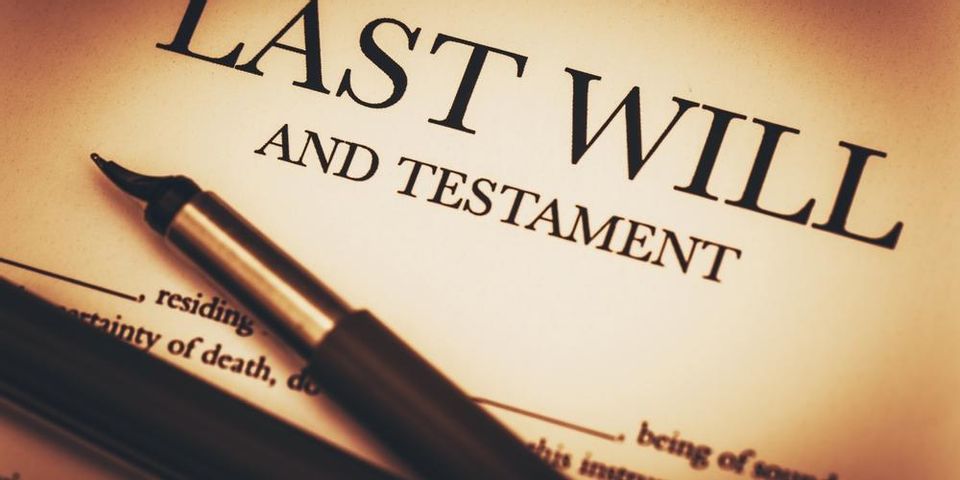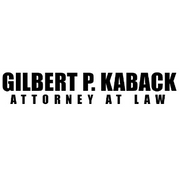An Estate Planning Attorney Explains Trust Disclaimers

When it comes to estate planning, attorneys can perform many crucial tasks. This includes solving tax issues associated with estate plans, which can be difficult for the average person to digest. In Colchester, CT, locals who need skilled legal guidance turn to Gilbert P. Kaback, Attorney at Law.
His experience with complex estate planning matters allows him to offer the following advice, which can help you determine if a disclaimer trust is right for you.
Beneficiaries May Feel the Tax Burden
While there are steps you can take to reduce the tax burden of your estate, many people fail to do so. In this case, your beneficiaries will be left to foot the bill for any taxes owed. Disclaimer trusts are one way of allaying estate taxes, which can ease financial tensions for those closest to you after you’re gone.
How to Understand Disclaimer Trust
 A disclaimer trust enables a transfer of assets to a trust by the widow or widower of the deceased estate holder. Assets are then disclaimed by the spouse, which subsequently renders them free of taxes. Because of this, beneficiaries named through the trust will be able to access the assets without incurring a hefty tax burden.
A disclaimer trust enables a transfer of assets to a trust by the widow or widower of the deceased estate holder. Assets are then disclaimed by the spouse, which subsequently renders them free of taxes. Because of this, beneficiaries named through the trust will be able to access the assets without incurring a hefty tax burden.
Risks of Disclaimer Trusts
However, disclaimer trusts also have downsides. The biggest risk arises when a spouse fails to put assets into a trust. In this case, all assets will be considered taxable, and it will be too late to transfer them into the trust to receive tax benefits. Plus, the use of a disclaimer trust requires quite a bit of legal knowledge, which most non-lawyers lack.
For more than two decades, Gilbert P. Kaback, Attorney at Law, has provided assistance on a range of complex legal issues, from sensitive family law matters to solid criminal defenses. If you’d like more information on estate planning, contact this esteemed Colchester attorney today by calling (860) 537-0874. You can learn more about his services regarding trusts and estates by visiting the website.
About the Business
Have a question? Ask the experts!
Send your question

